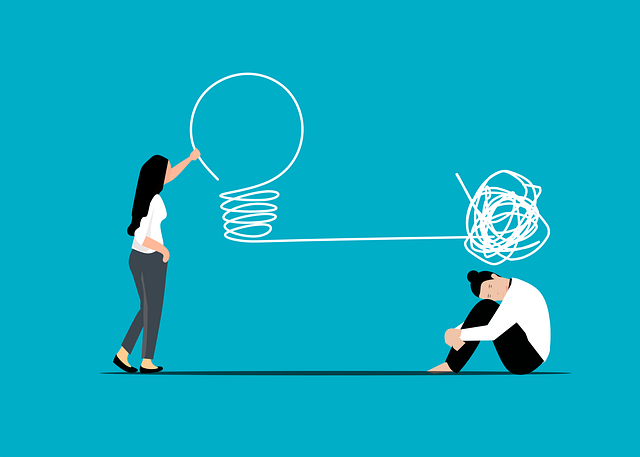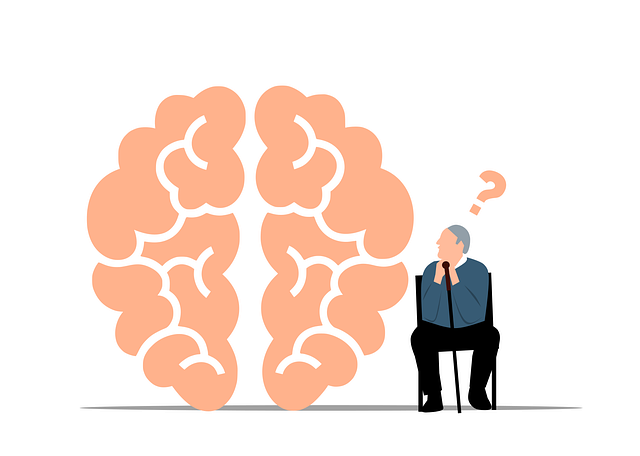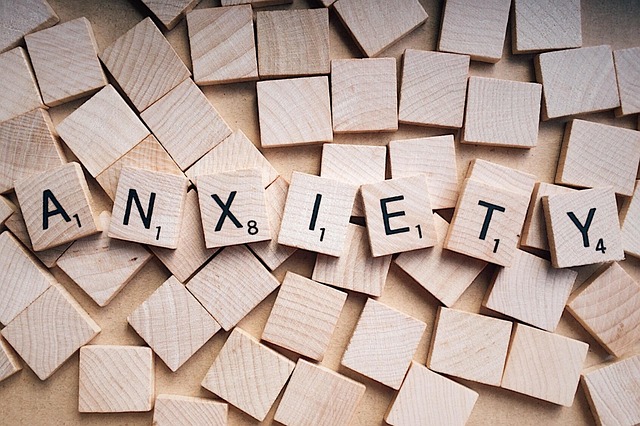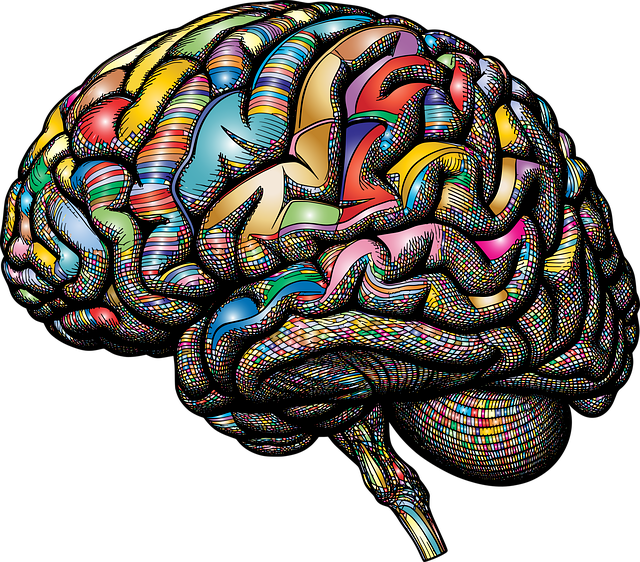Lafayette Anxiety Therapy offers a comprehensive approach to stress management, focusing on identifying triggers, challenging negative thought patterns, and teaching emotional regulation skills. Through evidence-based techniques like mindfulness meditation, resilience building, and regular exercise, individuals gain tools to adapt to stressful situations, improve mental health, and enhance overall well-being. The therapy emphasizes cultural sensitivity, ensuring tailored strategies that build trust and promote inclusive care. By integrating self-awareness exercises, clients develop stronger coping mechanisms and increased resilience.
Stress management is a vital skill for navigating life’s challenges. This article explores effective techniques, focusing on the transformative power of Lafayette Anxiety Therapy. We delve into understanding stress and its profound impact on well-being, then present practical strategies for daily management. Key areas include building resilience and fostering long-term mental health practices. By learning from experts like Lafayette Anxiety Therapy, individuals can gain control over their stress, enhancing overall quality of life.
- Understanding Stress and Its Impact on Well-being
- The Role of Lafayette Anxiety Therapy in Teaching Effective Coping Strategies
- Practical Techniques for Daily Stress Management
- Building Resilience and Long-term Mental Health Practices
Understanding Stress and Its Impact on Well-being

Stress is a natural response to various life challenges and demands, but when it becomes chronic, it can significantly impact overall well-being. Lafayette Anxiety Therapy emphasizes understanding the root causes of stress, as it manifests differently for everyone. Recognizing triggers and learning to manage them is crucial in developing emotional regulation skills. Chronic stress has been linked to numerous physical and mental health issues, including increased risk of anxiety disorders, depression, heart disease, and compromised immune function.
Effective stress management involves building resilience, which is the ability to adapt and bounce back from stressful situations. This process includes cultivating healthy coping mechanisms, such as mindfulness practices, exercise, and effective time management. Additionally, Cultural Sensitivity in Mental Healthcare Practice plays a vital role in understanding how cultural backgrounds and experiences can influence an individual’s response to stress. Tailoring stress management techniques to align with a client’s cultural beliefs and values fosters trust and enhances the therapeutic process.
The Role of Lafayette Anxiety Therapy in Teaching Effective Coping Strategies

Lafayette Anxiety Therapy offers a unique approach to teaching effective coping strategies for managing stress and anxiety. Through its tailored programs, individuals learn to identify and challenge negative thought patterns, replacing them with healthier alternatives. The therapy focuses on building empathy within the therapeutic relationship, fostering an environment where clients feel understood and supported. This empathetic connection serves as a powerful tool in guiding people through crisis intervention guidance, empowering them to navigate challenging situations with enhanced resilience.
By incorporating various evidence-based techniques, Lafayette Anxiety Therapy equips individuals with valuable skills for depression prevention and overall well-being. The therapy sessions are designed to be interactive and engaging, encouraging clients to actively participate in their healing process. By mastering these coping strategies, individuals gain the confidence to face stressors head-on, leading to improved mental health and a higher quality of life.
Practical Techniques for Daily Stress Management

In our fast-paced world, stress has become an inevitable part of daily life. However, managing stress effectively is a vital skill that can significantly enhance one’s overall well-being. Lafayette Anxiety Therapy offers practical techniques to help individuals cope with stress in their daily lives. One powerful method is mindfulness meditation, which encourages staying present and aware without judgment. By focusing on the here and now, individuals can reduce anxious thoughts and improve their emotional balance.
Additionally, resilience building is another key strategy. This involves cultivating a positive mindset and developing coping mechanisms to bounce back from stressful situations. Lafayette Anxiety Therapy also emphasizes the importance of regular physical activity as an excellent stress reliever. Exercise releases endorphins, which act as natural mood lifters, promoting relaxation and better sleep. Other techniques include deep breathing exercises and progressive muscle relaxation, simple yet effective ways to calm the mind and body. For mental health professionals, risk management planning is essential; it involves identifying potential stressors and implementing proactive strategies for depression prevention.
Building Resilience and Long-term Mental Health Practices

Building resilience is a cornerstone of managing stress and fostering long-term mental health. It equips individuals with the ability to adapt and bounce back from challenging situations, including those that might otherwise trigger anxiety or depression. Through Lafayette Anxiety Therapy, students learn effective coping strategies and develop a strong sense of self-reliance. This involves understanding one’s emotional triggers, practicing mindfulness techniques to stay present, and cultivating healthy ways to express and manage feelings.
Integrating cultural sensitivity in mental healthcare practice is also vital. Recognizing that each individual comes from a unique background and has distinct needs, therapists guide students to navigate their personal values and beliefs while providing crisis intervention guidance. This approach ensures that stress management techniques are tailored to be inclusive and effective for all, promoting well-being on a deeper level. Self-awareness exercises play a significant role in this process, helping individuals recognize and respect their own boundaries as well as those of others.
Stress management is a vital skill, and the techniques taught by Lafayette Anxiety Therapy offer a comprehensive approach to well-being. By understanding stress and its impact, individuals can learn effective coping strategies through practical daily practices and build resilience for long-term mental health. These methods empower folks to navigate life’s challenges with greater ease and enhance their overall quality of life.














